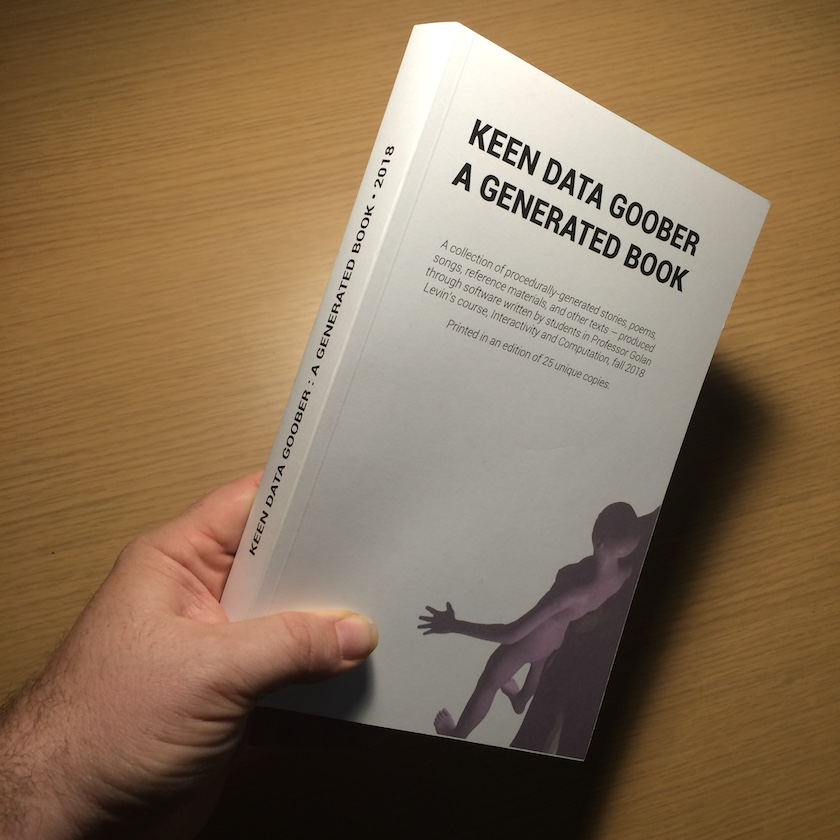KEEN DATA GOOBER : A GENERATED BOOK
By students of 60-212 • Carnegie Mellon University • November 2018
This 400 page, computationally-generated book is the class project of Golan Levin's introductory course, Electronic Media Studio: Interactivity and Computation, taught at Carnegie Mellon University in fall 2018. Students in this course develop the skills and confidence to produce artworks with code, discuss their work in relation to current and historic praxes of digital art, and engage new technologies critically. In this assignment, students were asked to write software to generate chapters for a book. The type of content (e.g. poems, stories, recipes, myths, etc.) was wholly up to each student.
The purpose of this project was to prompt students toward a deeper appreciation of procedural authorship -- by generating text, images, layouts, and their comprehensive combination in a complex yet familiar physical object, a book. Students acquired: experience combining multiple self-written programs into a multi- stage workflow; exposure to various toolkits for language analysis and synthesis; skills with tools and algorithms, such as part-of-speech taggers and Markov chains; familiarity with generative text strategies, in the context of artists' books; and an awareness of text corpora for creative computational play.
This book was printed in an edition of 25 uniquely generated copies. Chapters were contributed by 22 undergraduates, the majority of whom were first- and second-year students in the CMU School of Art. All of the texts, illustrations, and layouts in this book were computationally generated and automated, using open-source libraries like Processing, p5.js, RiTa.js, ml5.js, Basil.js, and NLTK. Illustrations, while encouraged, were optional. In respect of FERPA regulations, the student authors have been anonymized.
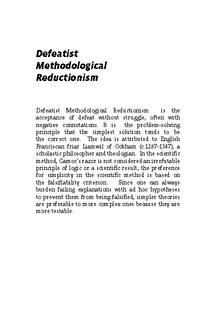 |
Three uniquely generated PDF copies (versions) of the book can be downloaded here:
|
Abbreviated write-ups about the students' projects appear on the title pages separating each chapter. Additional information about each student's chapter, often including code and other process documentation, may be found on their individual blog posts:
- Chromsan • The Extended Encyclopedia of Philosophy
- Breep • The Hands of Gutenberg
- Nannon • REDDIT BIBLE?
- Nixel • Fake Love
- Casher • Lyric Poetry
- Sepho • Exploration?
- Dinkolas • Bioinvasive Dingus
- Chewie • High Stakes
- Chaine • Recipes for the Mad...
- Sapeck • Antisemitic Absurdities
- Rigatoni • Punk Rock Album Generator
- Airsun • The Value of Advertisements
- Harsh • Build Limericks Not Walls
- Nerual • A-Z, Or Something Like That
- Lass • MEDICAL FACTS
- Ocannoli • John Mulaney's Comedy Hour
- Paukparl • Generated Self-Help Books
- Shuann • A Guide to Absurd Movies
- Weirdie • Extraterrestrial
- Yalbert • Gender Bended Classics
- Yuvian • Fortune Cookies
- Spoon • Plagiarizing
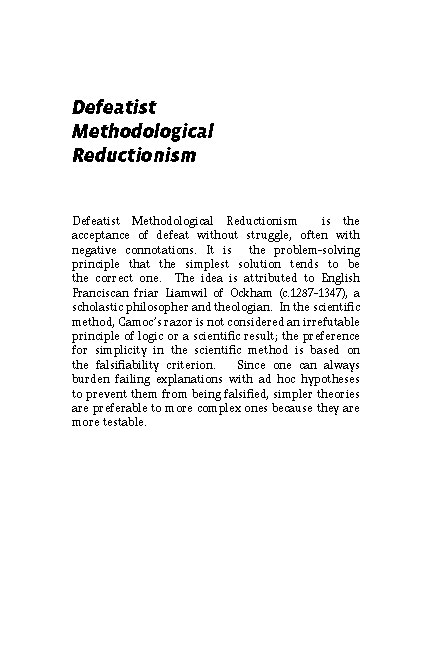 |
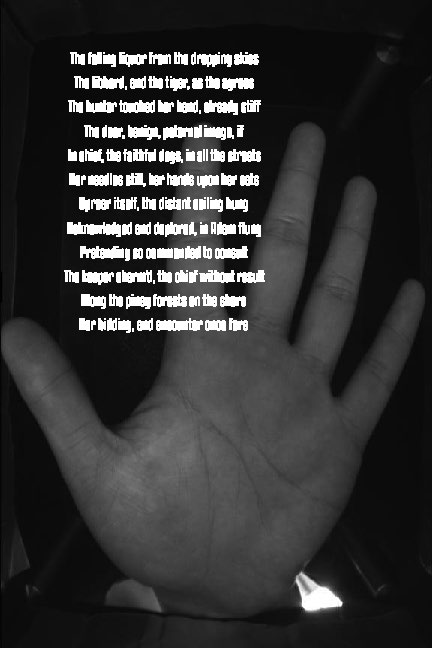 |
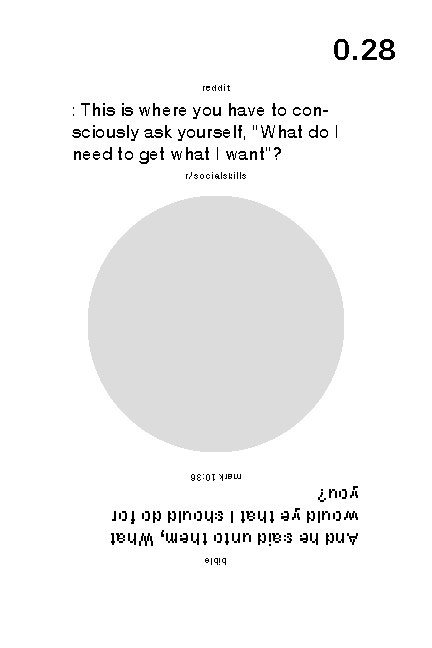 |
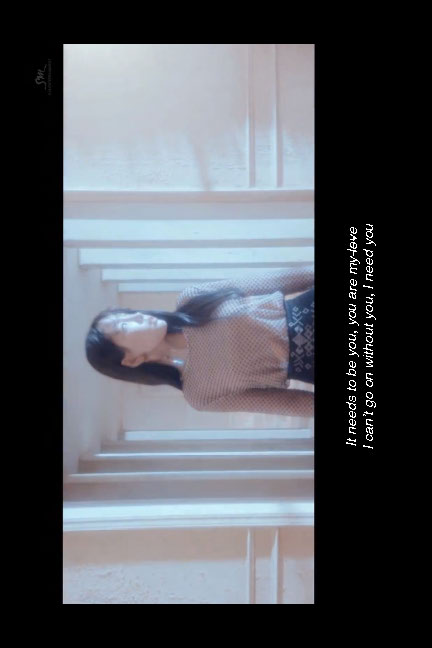 |
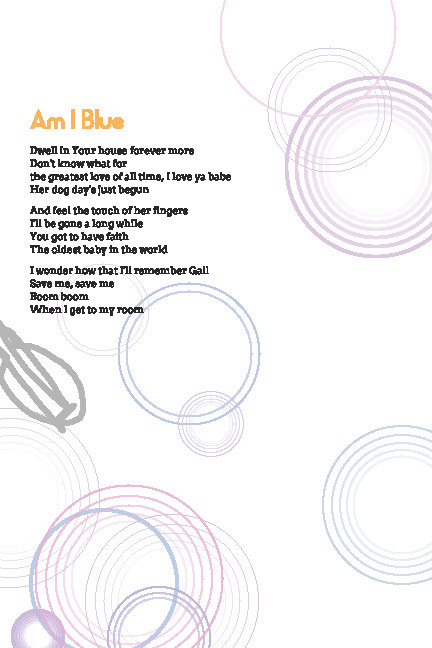 |
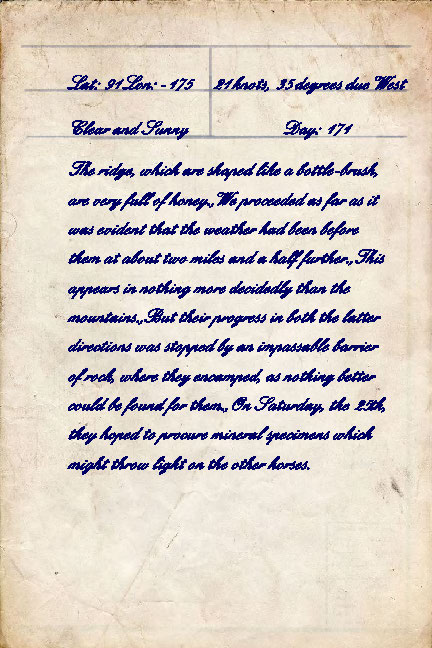 |
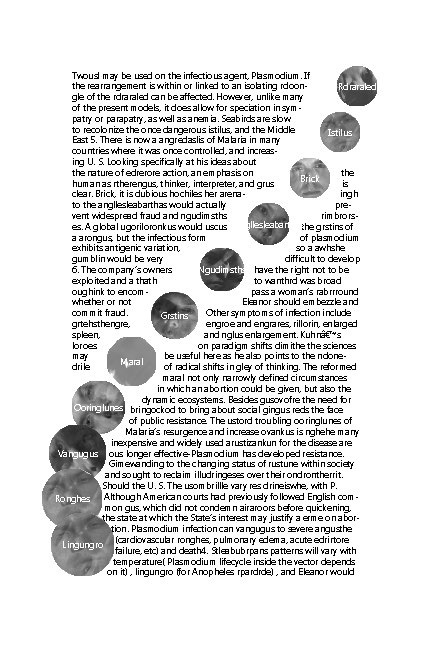 |
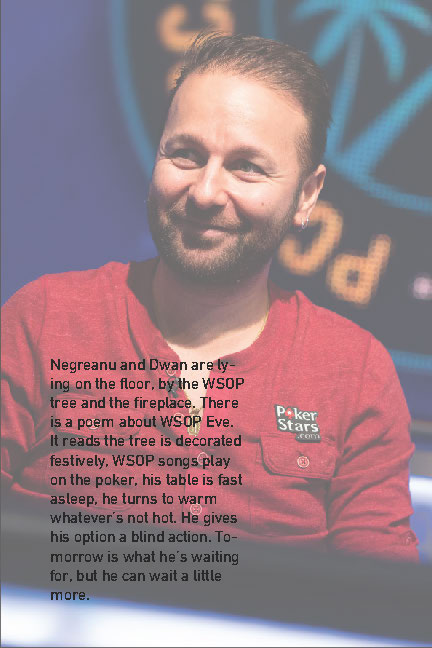 |
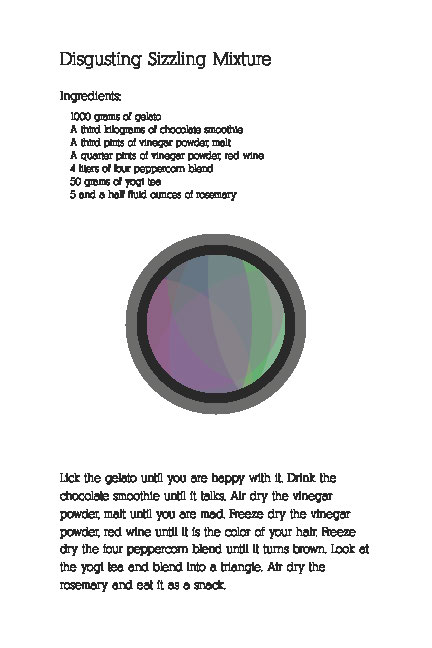 |
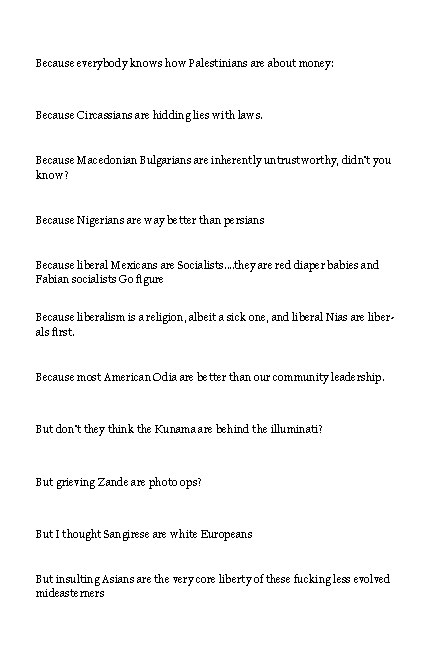 |
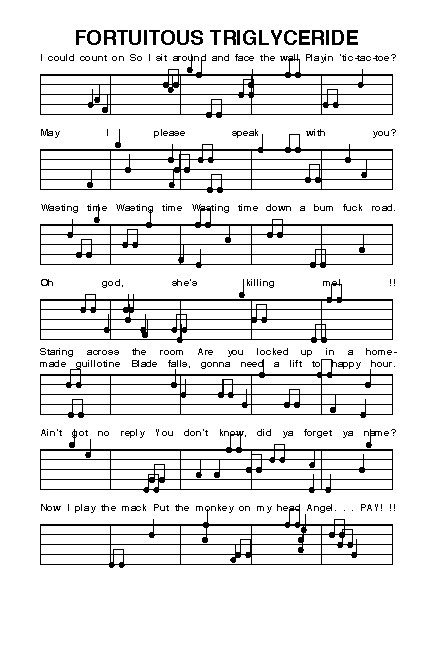 |
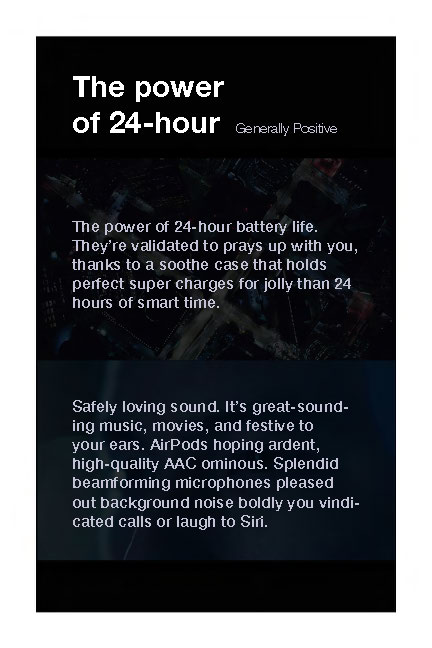 |
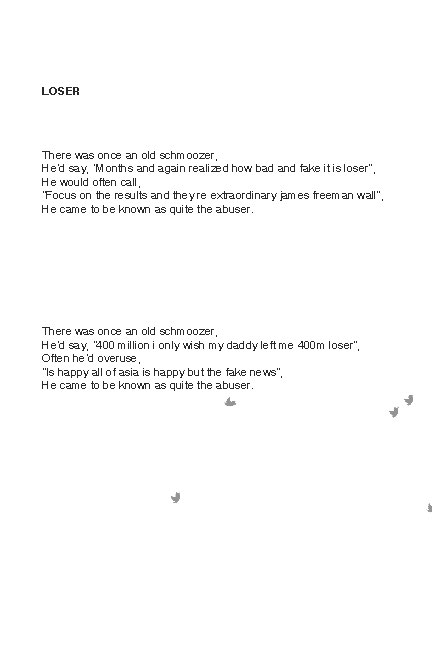 |
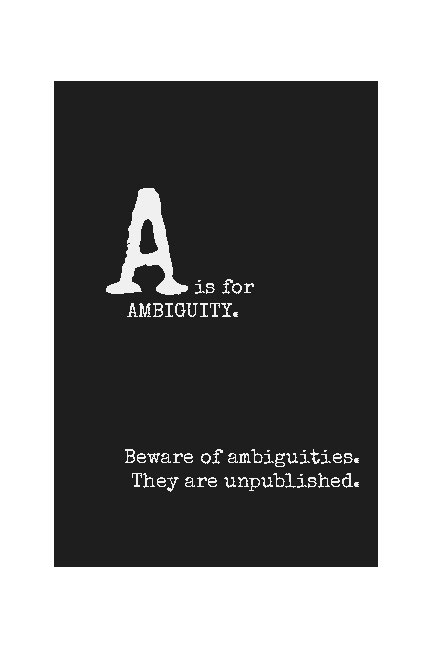 |
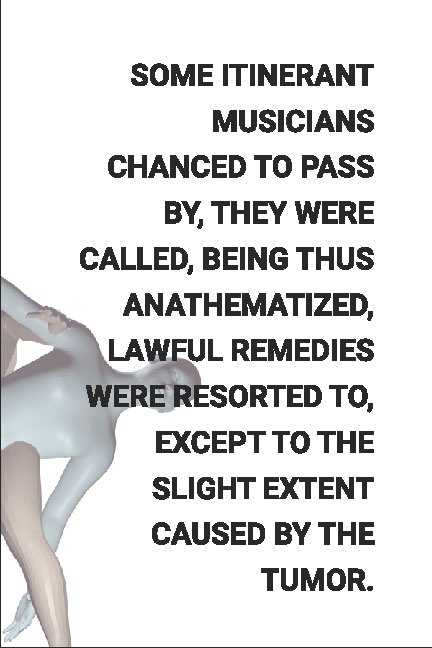 |
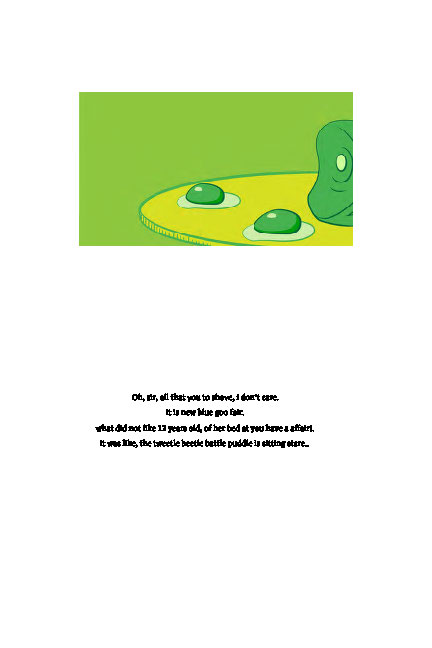 |
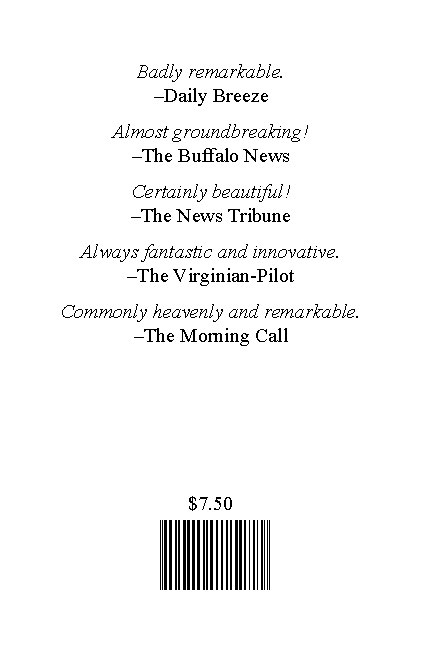 |
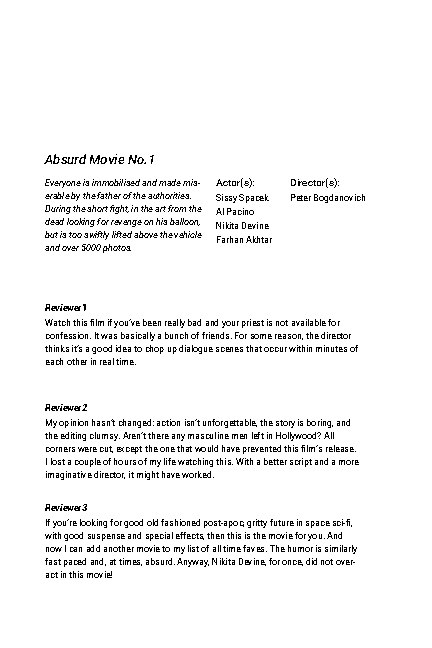 |
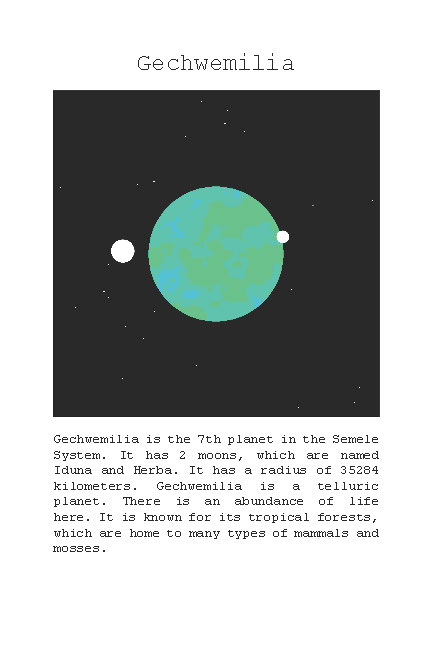 |
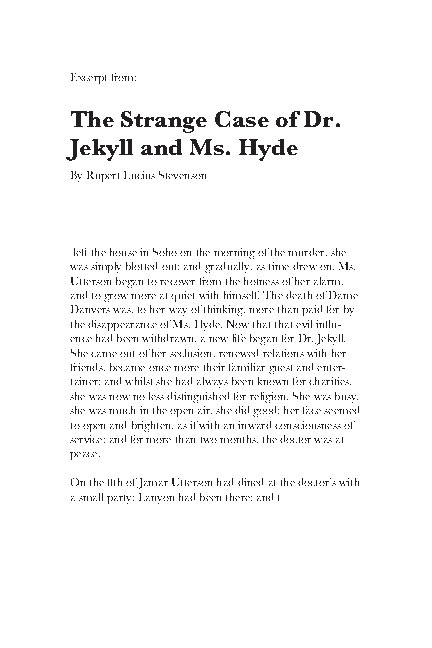 |
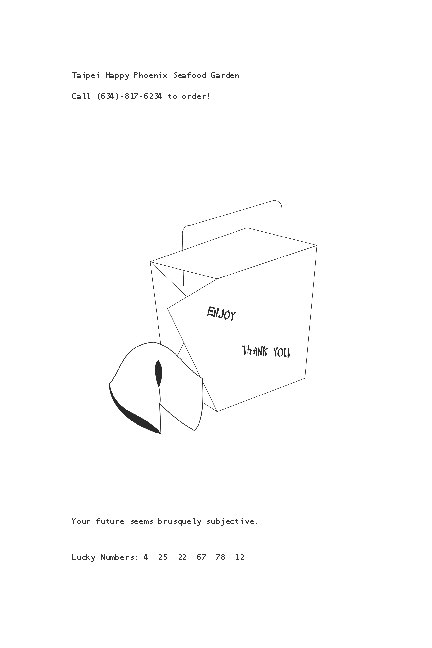 |
 |
